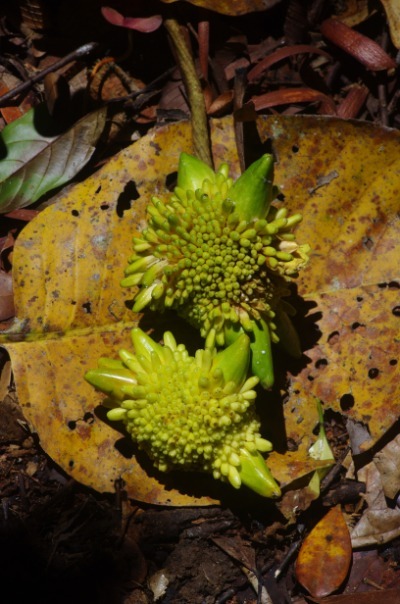A fruitful endeavor
An intrepid explorer tackles rainforests and dangerous wildlife to help people better understand nature's succulent bounty, Wang Qian reports.


Ripe with knowledge
Having explored most of the rainforests in Southeast Asia, Yang has arranged his trips according to harvest seasons, generally from June to August and from December to February every year.
"Every trip is an adventure, full of unknowns," Yang says. Sometimes it takes several trips to search for a fruit, and quite often hours of trekking in the rainforest ends with no success, as the fruit may not have ripened enough or has already been picked by someone, or something, else. "But there are also surprises when you encounter a fruit that is even more attractive than the one you are searching for."
Expeditions in the rainforests-home to over half of the world's fruit species-can be dangerous, with harmful plants and wild animals all posing a threat. Yang has encountered pythons, crocodiles, clouded leopards, Sumatran Tigers and even bears.
"But the real danger comes from hunters or poachers with guns-they don't care who I am and can kill me without anyone ever finding out," Yang says. To better protect himself, before some expeditions, he will register for a police escort at the local police station.
Yang also has to be cautious about the fruit he tastes, a lesson he learned the hard way. In 2015, when he led a team to explore a nature reserve in Guangdong province, something unexpected happened after he sampled some Fissistigma kwangsiense, a species native to China. After sampling some fruits, several minutes later, he experienced burning and irritation of the mouth and was unable to speak. Luckily, he was able to find relief from the symptoms of this apparent allergy after half an hour of guzzling water.
Despite such challenges, he is determined to keep fruit hunting, as answering unknown questions and uncovering new facts about a fruit is always one of his targets. "Documented allergies to fruit are scant, but my experience indicated that a small number of people are allergic and at risk, therefore I want to record them to enable a greater understanding of the issue," he says.




































